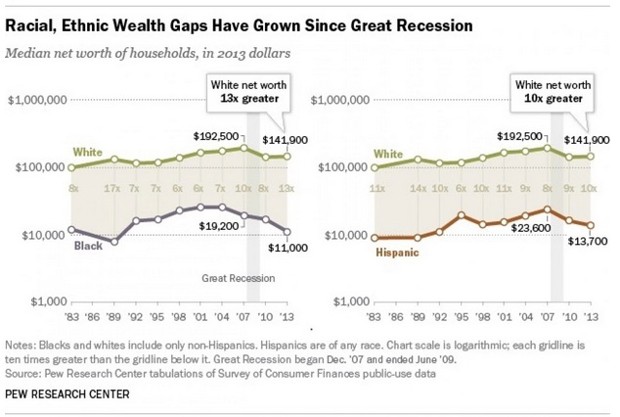available for purchase
at this time.
Link Roundup! – 5/29/15
Link Roundups feature articles and bits of internet goodness that our dramaturgy team digs up. If you find something you want to send our way, drop us a line on Facebook or Twitter!
♦♦♦♦♦
This CityLab article about The Failures and Merits of Place-Based Initiatives examines how community development programs aren’t always helping to reduce urban poverty:
Is it time to kick programs like Promise Zones and Choice Neighborhoods to the curb? Are these place-based initiatives, which funnel streams of resources to neighborhoods of concentrated poverty and racial segregation, futile in the face of rapidly expanding wealth gaps? Yes and yes, says Occidental College urban studies scholar Peter Dreier. In “The Revitalization Trap,” a column for the National Housing Institute’s Shelterforce blog that Dreier wrote earlier this month, he argues that organizations focused on community development have “fallen into the trap of focusing on revitalizing low-income neighborhoods, without challenging the corporate and political forces that create economic inequality and widespread poverty.”
♦♦♦♦♦
This interview with playwright Katori Hall is an interesting look into her writing process:
Everybody is influenced by who they are and unfortunately how other people perceive them to be. And race is a perception. It’s not even a true thing. It is truly a mental construct but because it is this idea that is made very real due to other people’s actions and reactions toward you it’s obviously going to inspire your work. It’s going to make you mad enough to write. And sometimes it makes you mad enough to not write. (laughs) And to go out and march. It’s just part of living as a female artist of color.
♦♦♦♦♦
This piece from The Guardian looks at the real-world skills that students graduating from arts programs need:
To put it simply: they do know that work in this sector is built on short-term contracts and portfolio work. But current career development advice still focuses predominately on jobs that are permanent, stable and based on a standard, predictable career progression. The continued emphasis on well-put together resumes and cover letters being the main tools required when seeking employment doesn’t take into account hiring practices in an industry where self-employment and portfolio careers are commonplace.
♦♦♦♦♦
Vu Lee’s blog post about the ways data can hurt marginalized communities provides some good perspective next time you look at a stats report:
If an organization does not have resources to collect data, then it does not have the data to collect resources. I call this the Data-Resource Paradox, and it mirrors the Capacity Paradox, when smaller organizations cannot get resources because it does not have capacity, so it cannot build capacity to get resources. Unfortunately, marginalized communities—communities of color, disabled communities, rural, LGBTQ, etc.—are left in the dust because they simply cannot compete with more established organizations to gather and deploy data. I have seen this repeatedly, recently with a City levy grant that forces nonprofits to have not just one, but two years of strong data before they’re even eligible to apply for funds that are, ironically, supposed to be going to low-income communities. Larger, more mainstream, and usually well-meaning, organizations get the resources, and unfortunately many do not have connections to the diverse communities targeted, so they “trickle-down” some of the funding to smaller organizations, perpetuating a vicious cycle.

